
What compares to playing board games with siblings or sneaking handwritten notes to your crush? Well, nothing. And here lies the predicament: Although innovation and progress are vital, they don’t always mean “better.” This slide highlights 15 items that should make a comeback. These old-school items have a charm and utility that modern alternatives can’t match.
Physical Photo Albums

Unlike digital photos, you’re likelier to chat about what happened before the photographer took that shot when browsing physical photo albums. Likewise, printed photos trigger stronger emotional responses than on-screen images, especially with the nostalgia of flipping through pages. Looking through a photo album gives you the much-needed break you need from mindless swiping.
Physical Maps
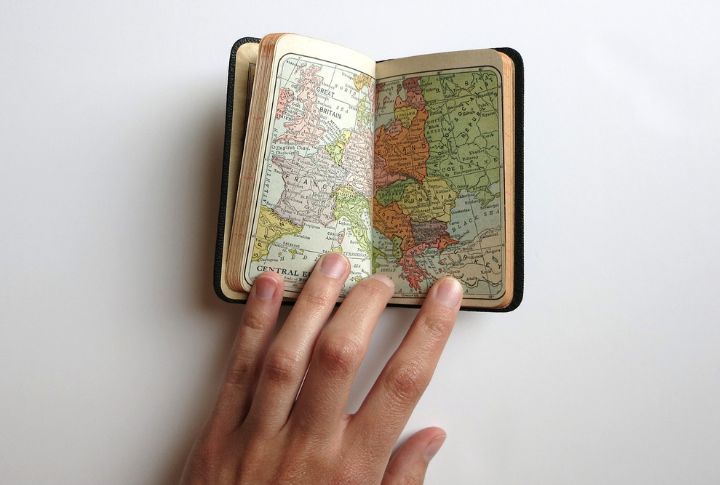
GPS is convenient, no doubt, but it can’t give you the satisfaction of tracing a route with your finger—on paper. Reading maps in print makes you think deeper and helps the brain encode knowledge and remember stuff. Besides, paper maps never run out of battery and work anywhere, even in remote areas with no internet.
Printed Books

Nothing compares to the weight of pages, the smoky scent of old pages, or the sound of turning leaves. Books smell and feel better. Although electronics give you access to a gazillion e-books, ask your doctor about their side effects. For starters, paper is easier on the eyes. Then, there’s beating the constant notifications of electronic devices.
Handwritten Letters

Writing by hand breaks the monotony of our daily digital interactions. The element of surprise in this unexpected gesture shows care and effort. Also, your unique handwriting feels more intimate and special. Don’t hesitate. Emails almost always get lost in the dozens that enter daily, but you can stash a handwritten note between your favorite book or journal.
Pencil and Paper / Notebook and Pen

According to science, the smooth glide of a pencil on paper sparks creativity. How? When you write, you activate brain parts involved in motor control and memory. You recall better than typing because the slower pace gives you more time to process information. So, what’s there not to like? Besides, you’re more focused when you’re free from distractions.
Wall Calendars
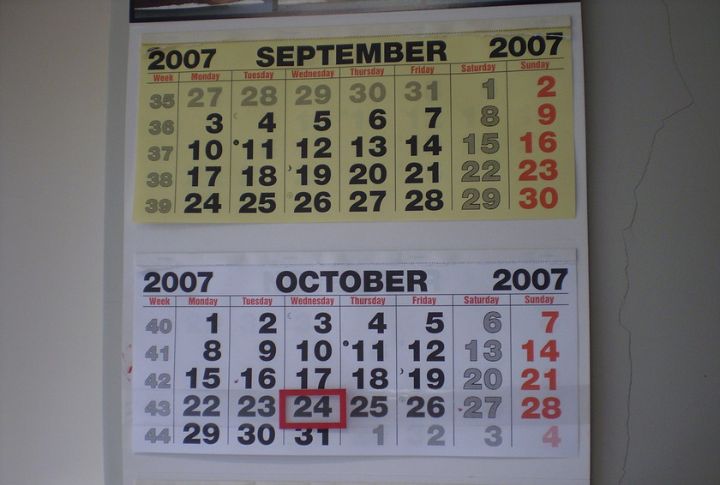
The analog wall calendar gives a clear view of the month at a glance without a dozen apps fighting for your attention. While some people think electronic devices and their reminders are better, others maintain that checking wall calendars while sipping coffee or munching on a snack feels more human. They’re also customizable to suit your taste or space.
Board Games
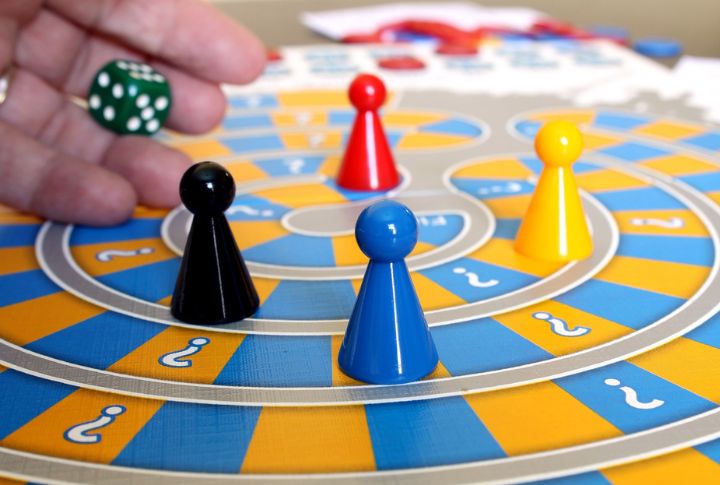
Forget whatever video game marketers tell you about playing online multiplayer games in real time. The best multiplayer is seeing your opponent in flesh and blood, experiencing all your emotions without missing out on theirs. Watching their face as they strategize and play—win or lose. Board games still have the social magic that sparks laughter and conversation.
Alarm Clocks

The distinct sound of a dedicated alarm clock is the best start to the day. With no screens to scroll, their straightforward buttons promote better sleep hygiene. They are also appealing as bedroom aesthetics. In contrast, smartphone alarms often lead to immediate exposure to emails, texts, and social media, disrupting the morning routine and increasing stress levels.
Bicycles

Cycling releases endorphins, which create euphoria, often called the “runner’s high.” This boost in mood helps lower cortisol levels, the body’s primary stress hormone. Put simply, you feel a tad better when the wind whips through your hair as you get into the pedaling rhythm. Though simple, bicycles are more genuinely connected to the environment than other automobiles.
Day Planners
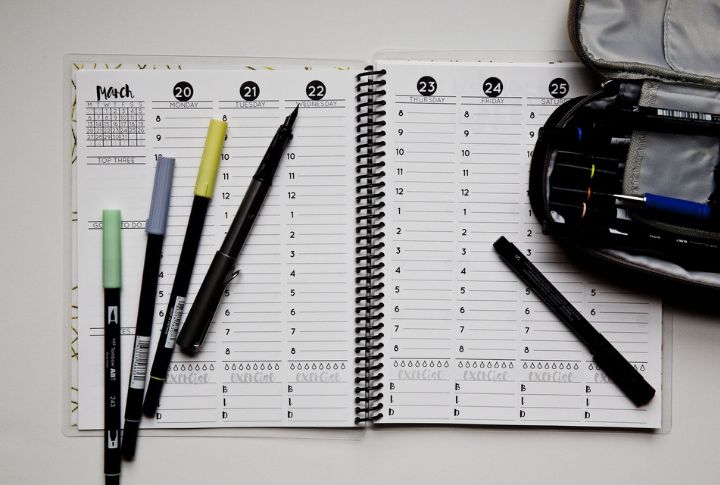
Although we’ve emphasized the importance of writing by hand, the result differs slightly from day planners. Day planners allow the user to break down tasks and visualize their schedules. This structured approach gives clarity and kickstarts a sense of commitment. Also, day planners provide the user with a personal connection to goals, so tasks now feel tangible and more important.
Actual Hand-held Keys
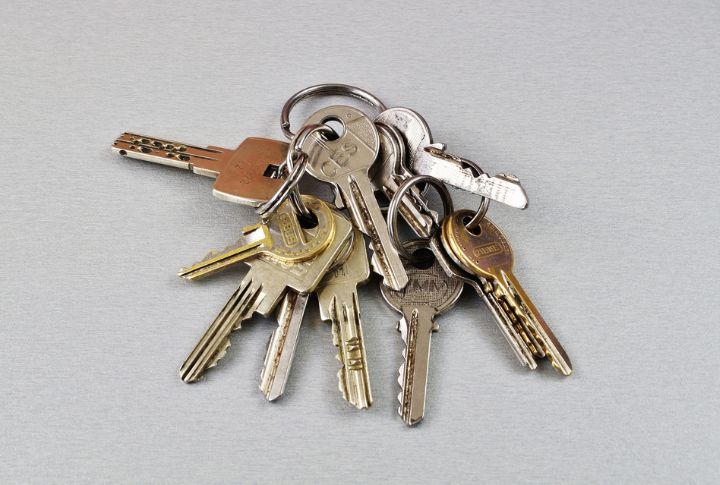
Though simple, physically handling keys on a keyring engages multiple senses—touch, sound (the click of the lock), and sometimes even smell. This action can activate the somatosensory cortex linked to emotional regulation, such as relaxing when you finally open your front door. The digital alternatives “do not harm,” but they steal this from us.
Radio
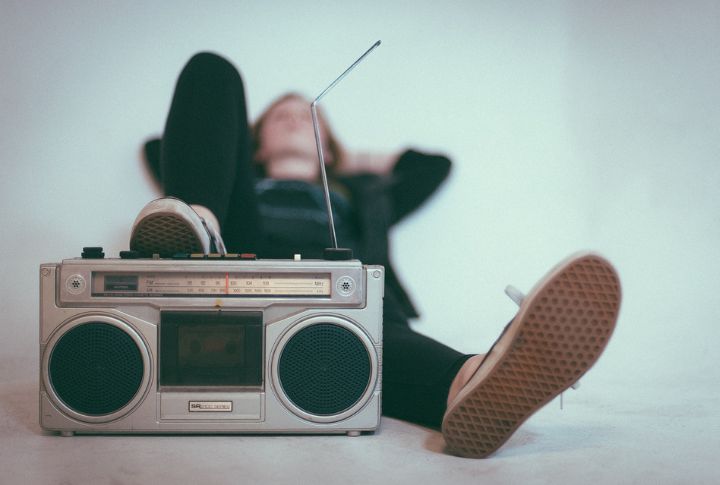
Baseball or news on the radio, while you’re out in the yard or doing chores, is a different feeling. First, there are no distracting “ping-ping” from notifications. Then, the radio connects listeners better than streaming services and podcasts. It’s more relatable, focusing on local news, events, and issues, including cultural programs that strengthen community ties.
Mechanical Watches

When the power goes out for longer than a few hours or days, what will people so dependent on tech do? Although this statement draws debate, many still prefer mechanical watches for their craftsmanship and artistry. Since skilled artisans mostly handcraft them, they have the literal timeless elegance and personal touch missing in mass-produced digital watches.
Dictionary or Encyclopedia

Online dictionaries, spell checkers, and autocorrect automagically provide answers in milliseconds. But imagine shutting out all distractions to read, only for more notifications to divert your attention because you need to find out what “impassionate” means. Though “nearly obsolete,” flipping the pages of a dictionary boosts brainpower, engages memory, and reinforces learning.
Cash

Printed bills are still used daily in many cultures worldwide, particularly in Asia. The Chinese, for instance, see cash transactions as an accurate representation of wealth compared to credit scores. It’s also the best way to stay “off the grid” with a level of privacy most digital payments can only dream of. Most miss that.
